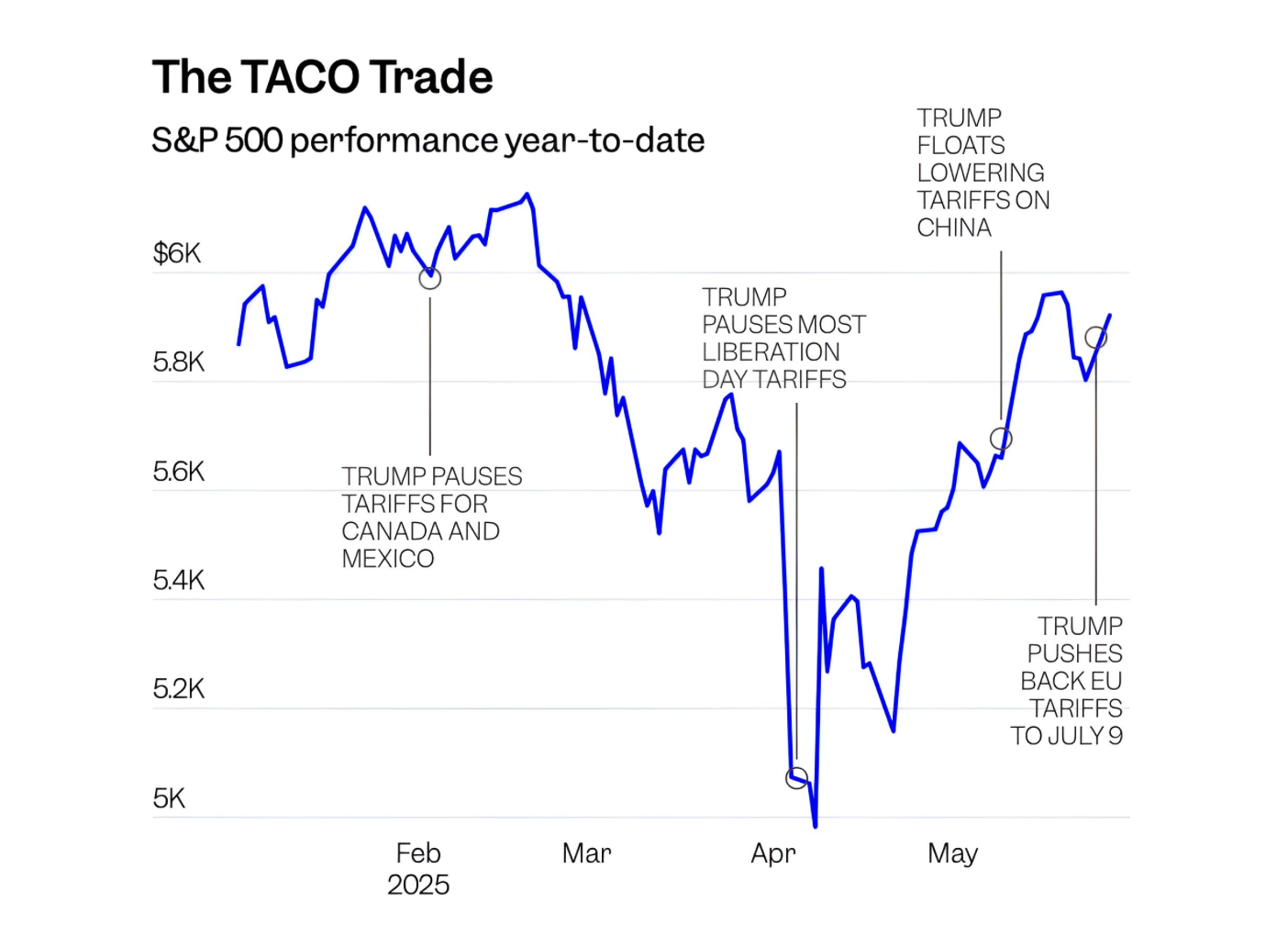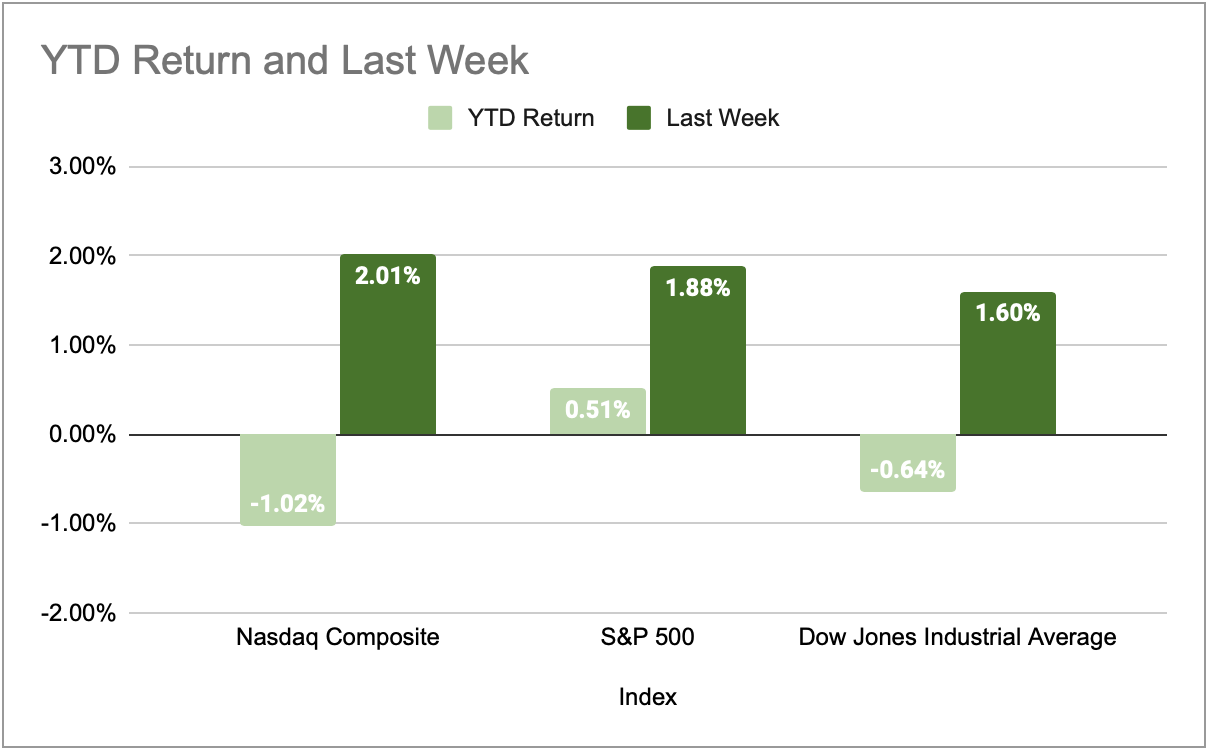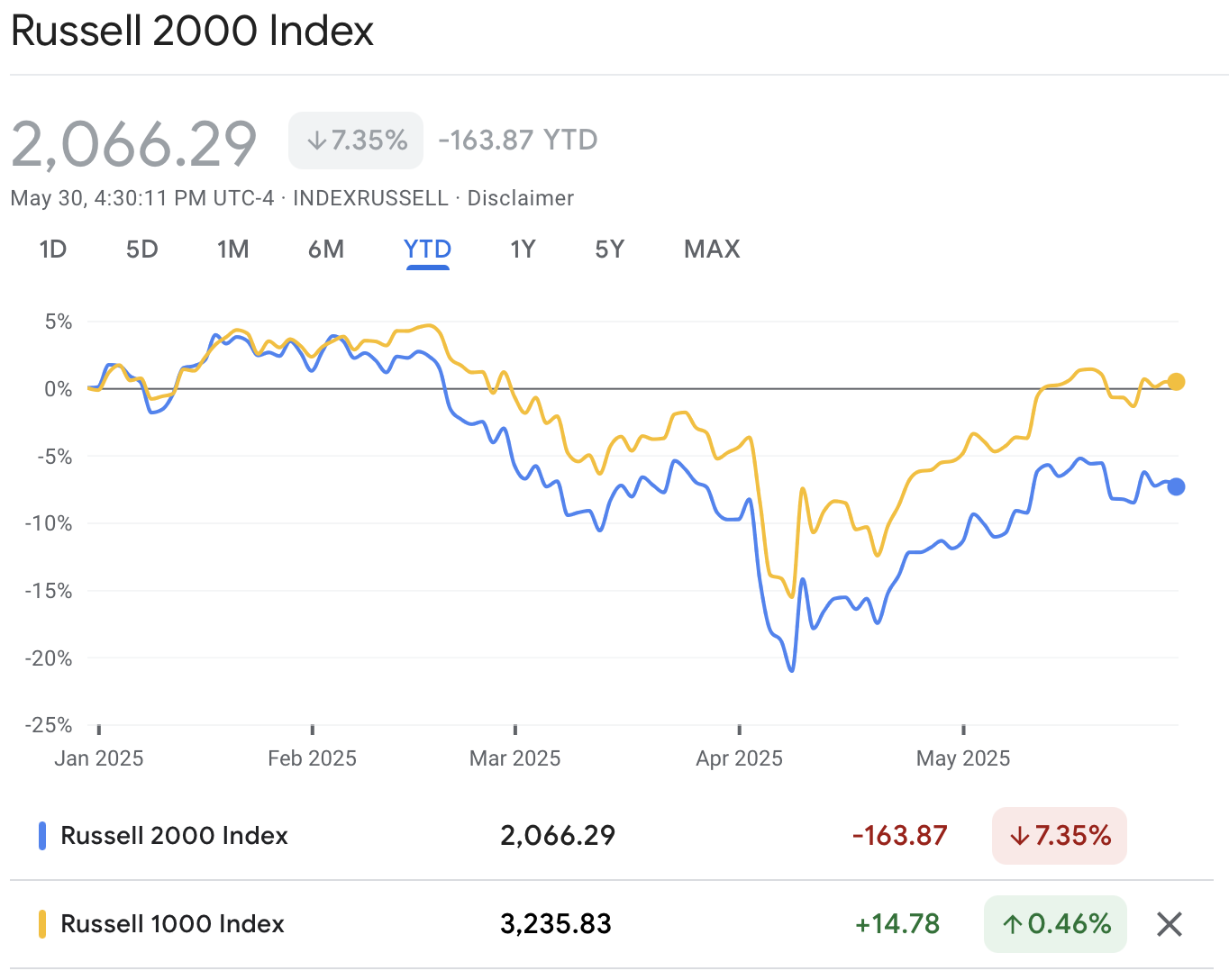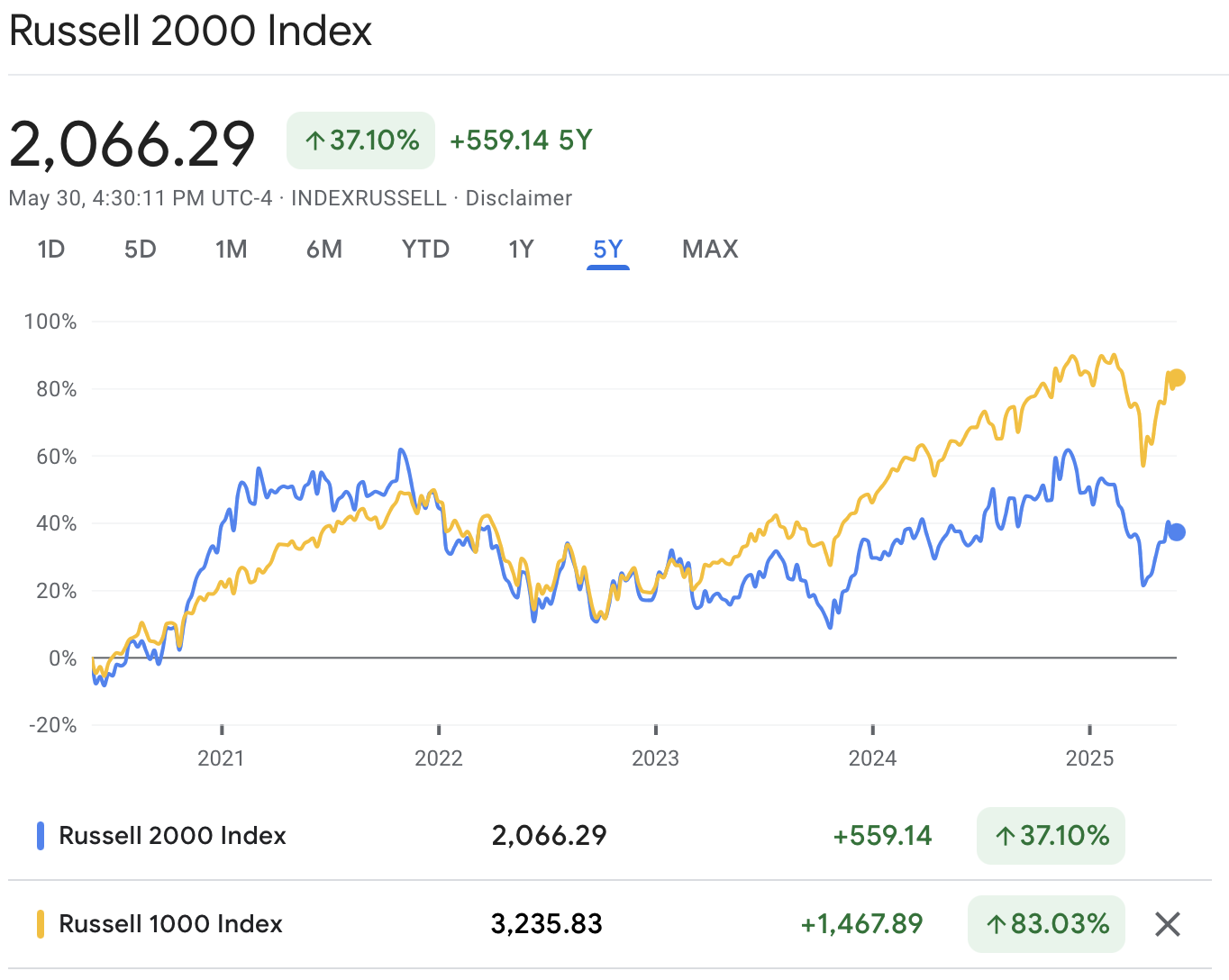🌮 The Viral "TACO" Trade, Explained
Good morning investors!
Last week, a new investing strategy went viral called the "TACO" trade.
No, this isn't like FAANG stocks where each letter stands for a company.
In this case, TACO stands for "Trump Always Chickens Out," a reference to the United States' volatile trade policy. The thinking goes like this:
- Trump announces aggressive new tariffs
- Markets fall
- Investors buy at lower prices betting that Trump will pause or roll back tariffs in a week or two
- Trump reverses course on tariffs and markets jump between 1%-10%
Here is a visual from Brew Markets of the TACO trade in action:

There's just one problem: Trump doesn't like being called a chicken.
And during an interview late last week, one reporter had a bright idea of asking Trump directly about the Trump Always Chickens Out trade that is all the rage on Wall Street.
Let's roll the clip: https://www.youtube.com/watch?v=Gba_gPN2NKo
Over the following days, Trump and his administration announced that China had violated their existing trade agreement (or rather, agreement to make an agreement).
Given this all happened going into the end of the week, we have yet to see how this will play out in the stock market.
One thing is for certain: Trump now knows what Wall Street really thinks about him, and we're about to find out he feels about being called a chicken.
-Brian
In Today's Issue:
🥇 The S&P 500 is Green on the Year
🥈 Small Businesses are Struggling
🥉 AI Will Cause 20% Unemployment
Markets
Breaking Even

Markets are higher last week after strong corporate earnings and headlines that a U.S. court struck down Trump's across-the-board tariffs.
The S&P 500 rose 1.88%, while the tech-heavy Nasdaq rose 2.01% and the Dow Jones Industrial Average hit a more modest 1.60% increase. This latest jump in stocks has brought the S&P 500 back in the green for the year. Some investors are calling this the end of the "tariff recession," while others note we are only five months in on what looks like a solid four more years of volatile trade and economic policy.
Regardless of whether markets are up or down, volatility is here to stay and likely in a big way. Investors with allocations in bonds, gold, and real estate have seen gains in their portfolio without the dramatic swings happening in the stock market. Investors with more stocks in their portfolios are just now starting to break even, though they may see more upside if the market continues up from here.
Main Street
Small Businesses are Losing

While the S&P 500 is now up for the year, small companies are unfortunately not doing so well. We can see this by comparing two Russell Indexes, the Russell 1000 and the Russell 2000. Together, these two indexes represent 3000 publicly traded U.S. companies. The Russell 1000 tracks the 1000 biggest companies, while the Russell 2000 tracks the remaining smaller companies.
When comparing the two, we can see that while large companies are now in the green for the year, small companies are still down 7.35%. There are a few theories as to why, but the most intuitive is that small companies have a harder time dealing with a volatile economy. Large companies on the other hand often have better negotiating power with suppliers and cash reserves to whether the winds of an economic storm.
In fact, this gap has been widening ever since 2023, after a wave of historic inflation washed over the U.S. economy. While politicians on both sides of the aisle have promised to help small businesses drowning in higher inflation and interest rates, Main Street is still holding their breath.

Job Market
AI is Coming For Your Jobs
|
In an interview with CNN last week, Anthropic CEO Dario Amodei told Anderson Cooper that he believes AI could eliminate half of entry-level white collar jobs and spike unemployment as high as 20% in the next 5 years. While this may sound a little extreme, a recent survey shows that 41% of companies around the world plan to reduce their workforce by 2030 because of AI.
There are a few notes to consider however:
- Keep in mind this is the CEO of an AI company that has been actively raising large amounts of capital from investors. Therefore, he has a vested interest in touting just how impactful AI is going to be in the next 1-5 years.
- Amodei was explicit in clarifying that this is not a guaranteed outcome, and that businesses and policymakers should make preparations for a future where AI is replacing human jobs.
- These warnings have been happening for many years, and seem to be a surefire way to get airtime on national television. Calling AI a "nothing burger" doesn't get as many clicks and views as saying AI is going to eliminate 1 in 5 jobs.

Responses